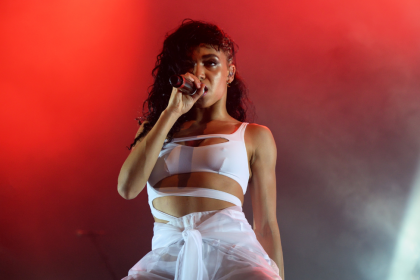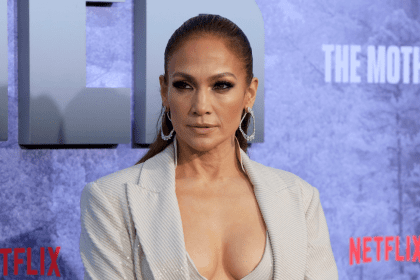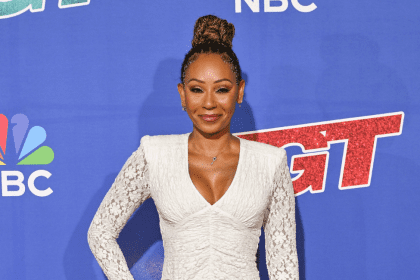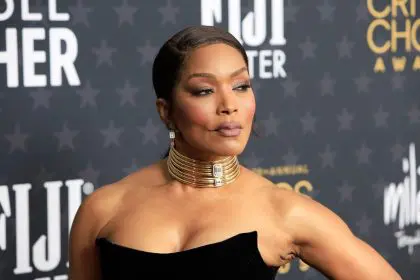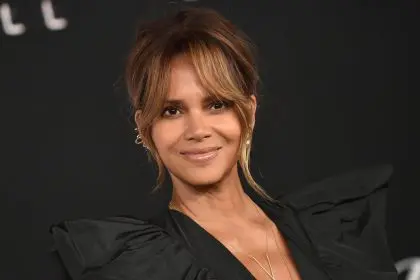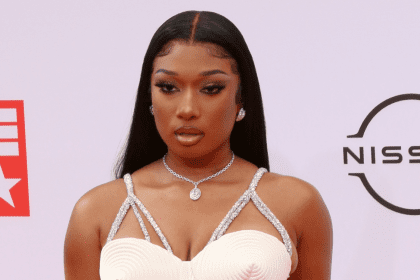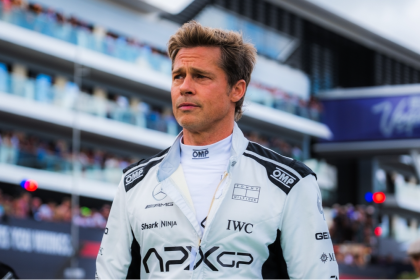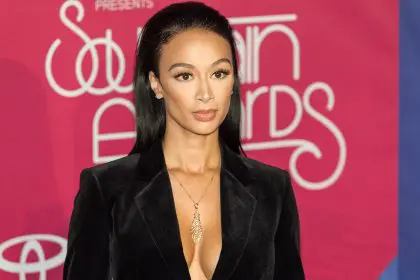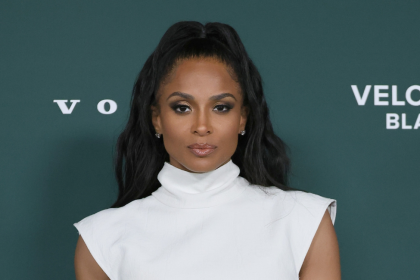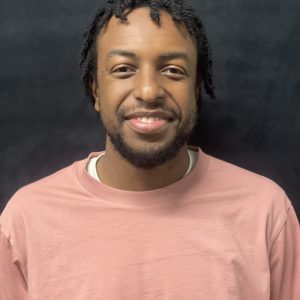The Clyde Lourdez clothing is a regional cross over appropriate for those living in every corner of the country. Based in southern Florida, the founder Jacquez “Quez” Joseph wanted to release a line of clothing that’s comfortable for everyone in all climates.
Recently, the designer spoke to rolling out about his creative process.
What’s the origin story behind the clothing line?
I’ve always been into fashion. I’ve always been into design.
I had a clothing store years back. I used to draw and was part of a rap group called the Faction. We used to do our own marketing for clothes call Faction Wear.
As of more recently, I was personal training and I’m into whatever I do. I like to go all the way into it, and I like branding myself. During training, I would have clothes for my brand and train at the time. It just turned into something else because it triggered my designing from back then again.
So, I started drawing and designing for training, and that just led to some bigger. It’s kind of how it happens. … I have always been into fashion, and we don’t have enough representation on our end. More recently, there are a lot more Black designers [of] streetwear that is going into the luxury realm. We have more people representing, but at the time when I did that, the idea behind it was more so having more representation that could represent where we come from, our influences.
What influence did FUBU have on the brand?
The influence is really just the For Us By Us. … I noticed with a lot of the designers and the guys who are profiting the most of off the culture usually don’t look like us at all, so it was dope to see what FUBU was doing. It was real dope.
I get a lot of inspiration from Dapper Dan because with the FUBUs, the Rocawears, all of those clothes were cool. It was out of our struggle, our voice, but at the same time it still wasn’t touching a certain demographic, per se.
You see with the Louis Vuitton or these bigger name brands, you see the monograms everywhere, which Dapper Dan was a huge influence on that. I didn’t really see our brands doing that, per se. Like yeah, we represent the hip-hop, we’re representing the streetwear, but we weren’t tapping into what we were making so big.
Who made Tommy Hill big? Or Mobb Deep rapping about Guess Jeans and all these other things. We’re rapping about all these things with the clothes that we’re creating are not on that level, per se. So, I wanted to design some things that have those aesthetics to it like what Dapper Dan was doing.

